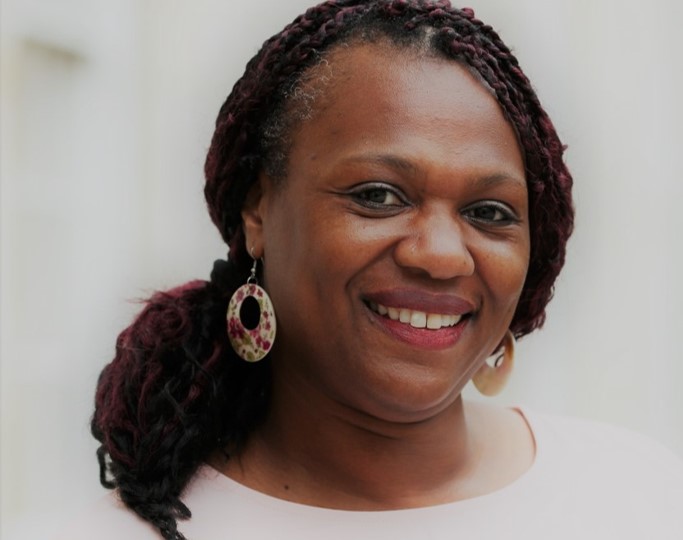
Vanessa Augustus
| Institution | Nottingham |
|---|---|
| Role | Project Manager |
| About | Vanessa Augustus (Nottingham) is an experienced Project Manager based within the School of Mathematical Sciences. Vanessa has supported the consortium from the beginning and works closely with Silke Weinfurtner (Principal Investigator) and other Lead Investigators. Vanessa leads on the project's governance activities. This is focused on the coordination and implementation of all project management requirements. Key responsibilities include the coordination of: Quarterly, annual report writing and evaluation activities; Monitoring the risk register and highlighting potential issues; Monthly, quarterly and annual strategic advisory board meetings; Implementing activities from the project's communications plan; |

Carlo Barenghi
| Institution | Newcastle |
|---|---|
| About | Carlo F Barenghi (Newcastle) is a Fellow of the American Physical Society (since 2009) and has a strong experimental track record working with classical fluids, 4He (helium I and helium II) and 3He at mK temperatures. As a theoretician, he has recently collaborated with experimentalists on flow visualization in quantum fluids: tracer particles in 4He and quasiparticles in 3He and atomic BECs. |

Thomas Billam
| Institution | Newcastle |
|---|---|
| About | Thomas Billam (Newcastle) is a cold atom theorist with expertise on stochastic simulations of ultracold Bose gases. Together with Ian Moss and Ruth Gregory, he has constructed simulations of 2D BEC systems to guide experimental probes of bubble nucleation. |

Jonathan Braden
| Institution | CITA |
|---|

Cameron Bunney
| Institution | Nottingham |
|---|---|
| About | Cameron Bunney is a theorist with an interest in quantum field theory, relativity, and their interplay. After having obtained his MMath from UoN and being awarded the First Martin Pluck prize, he continued at UoN and is currently a PhD student under the joint supervision of Prof. Jorma Louko and Prof. Silke Weinfurtner. His PhD research focuses on aspects of acceleration radiation. On one hand, bridging the gap between theoretical assumptions and experimental realisation by considering finite temperature and finite size effects and on the other, exploring circular motion acceleration effects in (possibly) curved spacetimes. |

Christopher Burgess
| Institution | St. Andrews |
|---|---|
| About | Christopher Burgess (St. Andrews) is a theorist with interests in nonlinear systems and non-Hermitian physics. He is presently undertaking his PhD, in which he studies analogue black hole oscillations in fibre optical solitons, and the quantisation of quasinormal modes in dispersive media. |

Christoph Eigen
| Institution | Cambridge |
|---|---|
| About | Christoph is a Junior Research Fellow at Jesus College (Cambridge) [2019-present]. He is an experimentalist working at the Cavendish Laboratory in the Hadzibabic group, where he also completed his PhD. His research focuses on box-trapped ultracold Bose gases, and in particular understanding these gases when they are either far from equilibrium or strongly interacting (or both). |

Sebastian Erne
| Institution | Technische Universität Wien |
|---|

Ruth Gregory
| Institution | King's College London |
|---|---|
| About | Ruth Gregory (KCL) was awarded the IOP Maxwell Medal (2006) and a Royal Society Wolfson Merit Award (2011-2016). She also has a secondment with the Perimeter Institute (2010-20). RG has worked on classical and quantum theory of black holes in arbitrary dimensions, in particular perturbation theory and instabilities. The theoretical analysis of ringdown will draw on her experience with black hole perturbation theory and nonlinear systems. |

Zoran Hadzibabic
| Institution | Cambridge |
|---|---|
| About | Zoran Hadzibabic (Cambridge) is a Fellow of the American Physical Society (since 2017) and the recipient of the IOP-SFP Holweck Medal (2016). He is currently an EPSRC Established Career Fellow (2016-2021), an ERC Consolidator Grant holder (2016-2021), a Royal Society Wolfson Fellow (since 2019), and an ERC Advanced Grant holder (2021-2026). Zoran has an extensive track record on topics directly relevant for the development of a suitable FVD quantum simulator, which puts him in a unique position to tackle this ambitious goal. He has pioneered studies of homogeneous gases in ‘box traps’, which is essential for the present proposal. |

Gregoire Ithier
| Institution | Royal Holloway |
|---|---|
| About | Gregoire Ithier (RHUL) was awarded a Leverhulme Early Career Fellowship (2009-2011). Gregoire is an expert in the engineering of superconducting quantum circuits, and developed quantum limited detectors to measure and characterize superconducting quantum bits [32–34] and microwave cavities. |

Alexander Jenkins
| Institution | UCL |
|---|---|
| About | Alex Jenkins is a theorist with broad interests in cosmology, relativity, and gravitational physics. After obtaining his BA and MSci in Astrophysics at the University of Cambridge (2013–2017), he moved to King’s College London for a PhD in Theoretical Physics (2017–2021), before taking up his current role as a Postdoctoral Research Fellow at UCL. His research at King’s focused on the exciting new field of gravitational-wave astronomy, with an emphasis on using gravitational-wave observations to probe cosmology and fundamental physics, and this remains one of his core research interests. At UCL he is working on the False Vacuum Decay, using numerical simulations to better understand this fascinating process and its implications for the early Universe, as well as providing modelling support and theoretical predictions for the QSimFP programme. |

Matthew Johnson
| Institution | Perimeter Institute |
|---|

Anthony Kent
| Institution | Nottingham |
|---|---|
| About | Anthony Kent (Nottingham) background is in low temperature physics. His Ph.D. was on 2D helium studied by NMR. He came to Nottingham nearly 38 years studying phonons in low dimensional structures, starting optical measurements at low temperatures. During the past 20 or so years he has been studying optomechanical effects at 100s of GHz to 1 THz including THz acoustic cavities and saser (sound amplification by stimulated emission of radiation). Relevant experimental techniques include ultra-fast pump-probe at low temperatures. |

Friedrich Koenig
| Institution | St. Andrews |
|---|---|
| About | Friedrich Koenig (St. Andrews) is an expert on nonlinear fibre optics and quantum measurements. He experimentally demonstrated the first optical black hole analogues. |

Jorma Louko
| Institution | Nottingham |
|---|---|
| About | Jorma Louko (Nottingham) is a theorist with long-standing expertise in curved spacetime quantum fields, including observers localised in space and time, accelerated motion, modified dispersions and entanglement. |

Ian Moss
| Institution | Newcastle |
|---|---|
| About | Ian Moss (Newcastle) was an early pioneer in the study of the inflationary universe and cosmological bubble nucleation. Ian has expertise in stochastic methods and the time evolution of thermal early universe systems. |

John Owers-Bradley
| Institution | Nottingham |
|---|---|
| About | John Owers-Bradley (Nottingham) is an experimentalist with a long-standing expertise in cryogenics and magnetic resonance. He has successfully carried out sub-kelvin experiments on the fundamental properties of liquid 3He (fermionic isotope of helium) and 3He-4He mixtures using dilution refrigeration. |

Sam Patrick
| Institution | King's College London |
|---|---|
| About | Sam Patrick (KCL) works on wave-scattering and wave-vortex interactions in a variety of condensed matter and analogue systems. During his PhD at the University of Nottingham, he was involved in the first experimental detection of superradiance and light-ring oscillations around a classical rotating black hole analogue. Since then, he has worked as a theorist on black hole phenomena in classical and quantum fluids, black holes in inflationary cosmologies and vortex stability in superfluids. Sam's goal is to gain a better understanding of complicated many-body quantum systems, like superfluid helium, using ideas originating in gravity as inspiration. |
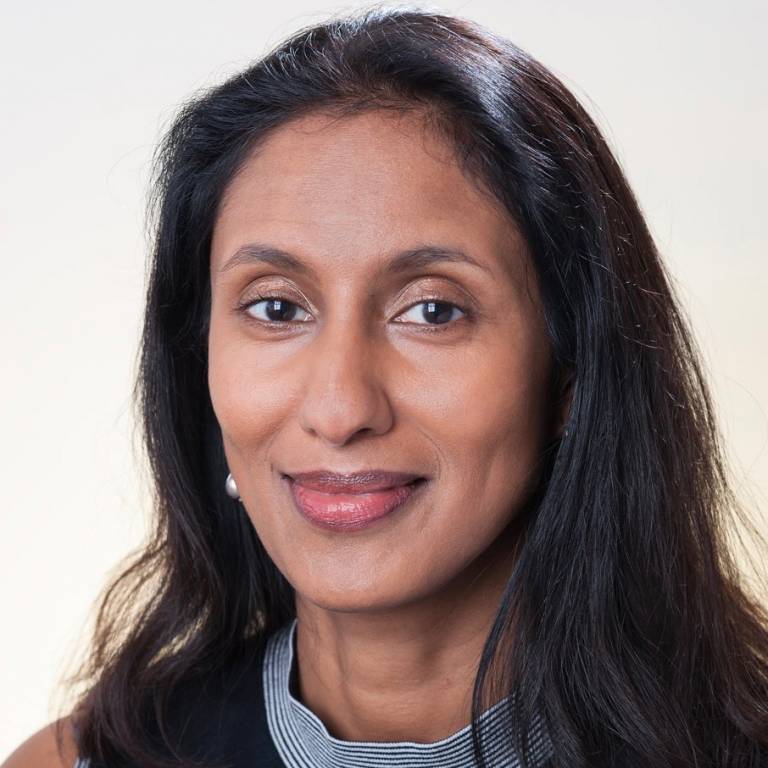
Hiranya Peiris
| Institution | UCL |
|---|---|
| About | Hiranya Peiris (UCL) is a Fellow of the American Physical Society (since 2016) and the recipient of the IOP Fred Hoyle Medal and Prize (2018), the Philip Leverhulme Prize (2009), an ERC Starting Grant (2013-2018), and an ERC Advanced Grant (2021-2026). Her contributions to our understanding of the early Universe have been recognised through shares of the Breakthrough Prize in Fundamental Physics (2018) and the Gruber Cosmology Prize (2012). Hiranya is an expert in cosmology, where her contribution to the field is distinguished by its combination of cosmological observations, fundamental theoretical physics, and advanced analysis methods. |

Andrew Pontzen
| Institution | UCL |
|---|---|
| About | Andrew Pontzen (UCL) holds a Royal Society University Research Fellowship (2013-2021) and an European Research Council Consolidator Grant (2019-2024). He received the Royal Astronomical Society Fowler Award (2016). Andrew is an expert on extracting physical insight from numerical simulations in cosmology, as well as comparing these simulations to observational constraints. His numerical codes have been cited in hundreds of publications across multiple fields of astronomy and cosmology. |

Radivoje Prizia
| Institution | Nottingham |
|---|---|
| About | I obtained my PhD at Heriot-Watt University Edinburgh, Scotland in 2022. I conducted experimental and numerical investigations in nonlinear optics and analogues of general relativity, including: Newton-Schrödinger Equation, and Superradiance.*I have gained expertise in several techniques in experimental optics, including: interferometry, digital holography, engineering of light beams with Orbital Angular Momentum, propagation of light beams in complex media. |

Dalila Pîrvu
| Institution | Perimeter Institute |
|---|---|
| About | Dalila Pîrvu is a PhD student at Perimeter Institute and University of Waterloo in Canada, with an MSci in Physics with Theoretical Physics from Imperial College London. She is a theoretical physicist working on cosmology and particle physics, exploring new observables to probe physics beyond the standard model. Her work within the consortium involves studying the dynamical process of bubble nucleation through numerical simulations of false vacuum decay. |

Xavier Rojas
| Institution | Royal Holloway |
|---|---|
| About | Xavier Rojas (RHUL) was awarded a Royal Society University Research Fellowship (2016-2021) to develop a programme on superfluid optomechanics. Xavier demonstrated prospects that nanofluidic confinement can offer to the study of quantum fluids, which includes the study of nanoscale acoustic Fabry-Pérot interferometers and superfluid nanomechanical resonators. |

Joerg Schmiedmayer
| Institution | Technische Universität Wien |
|---|
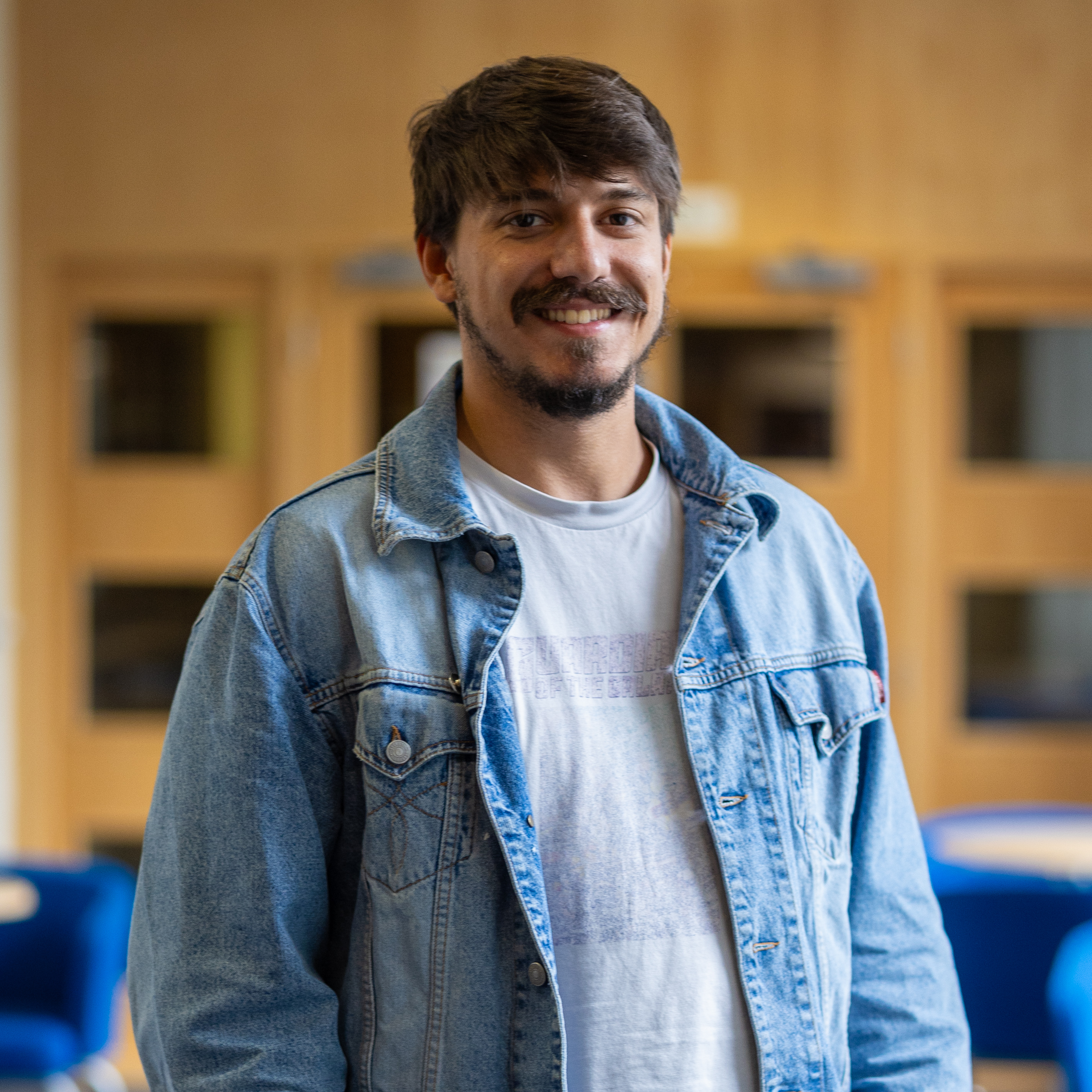
Pietro Smaniotto
| Institution | Nottingham |
|---|---|
| About | My research interests are focused on black hole physics, quantum field theory and their interplay. During my studies I deepened my knowledge about black hole quasinormal modes, in particular I worked with the WKB approximation to obtain insights about rotating black holes. Right now I am working on the superfluid helium giant quantum vortex experiment, studying these particular and interesting modes in analogue gravity systems. |
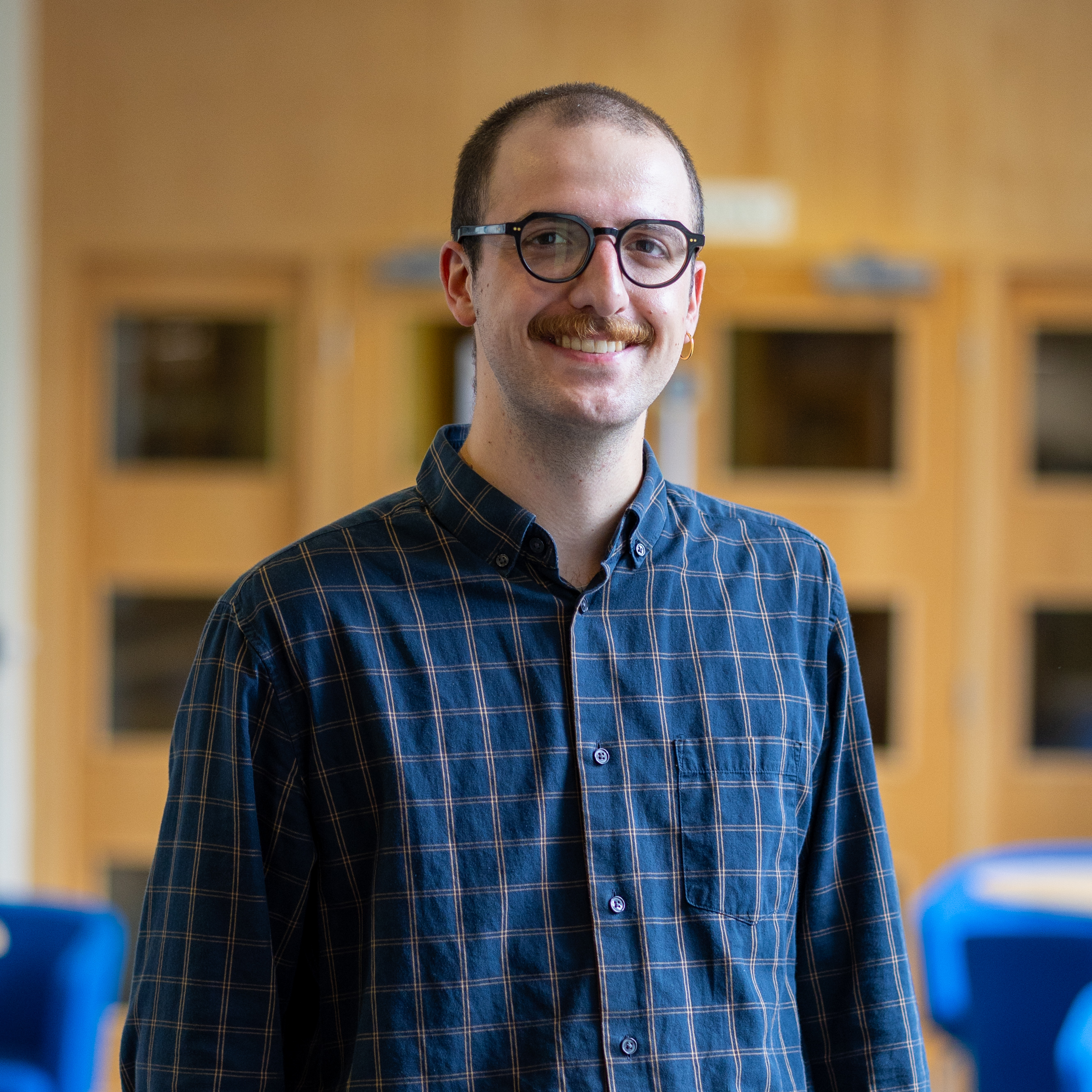
Leonardo Solidoro
| Institution | Nottingham |
|---|---|
| About | During my studies, I specialised on quantum field theory, black hole physics, and modified theories of gravity. I am currently working on the development of the black hole analogue in superfluid helium, with the goal of observing how some distinctive aspects of black holes in modified theory of gravity can find their way in the dynamics of this system. |

Theo Torres
| Institution | King's College London |
|---|---|
| About | Theo Torres (KCL) joined King’s after spending time as a postdoc at the University of Nottingham working on analogue models of compact gravitational objects. Prior to this, Theo was a member of the the Cosmology and Relativity Group at the University of Sheffield, where he worked on electromagnetic self-force in the Kerr metric. After o btaining a master’s degree in theoretical physics with a focus on black holes, cosmology, and quantum field theory, Theo followed the idea of logical positivism and investigated these subjects from an experimental point of view. As a PhD student at the University of Nottingham, he conducted experiments to mimic black hole physics in a wavetank, resulting in the observation of superradiance and light-ring mode oscillation around a vortex flow. Theo's aim is to use condensed matter systems in the form of analogue models of gravitational settings as a source of inspiration to deepen our understanding of classical and quantum fields in curved space-times. |

Viktor Tsepelin
| Institution | Lancaster University |
|---|---|
| About | Viktor Tsepelin (Lancaster) is a Reader, Head of Lancaster Low Temperature Physics, and formerly an EPSRC Advanced Research Fellow (2006-2011). His current interests are the creation, evolution and decay of quantum vortex tangles in superfluid 3He at zero temperature limit, probing turbulence in superfluids (3He and 4He) with micro-electromechanical (superconducting vibrating wires, quartz tuning forks) and nano-electromechanical devices (doubly-clamped beams). PhD (Aalto Univesity, 1996-2001) - optical detection of He4/He3 crystal growth. |

William G. Unruh
| Institution | Vancouver |
|---|

Silke Weinfurtner
| Institution | Nottingham |
|---|---|
| About | Silke Weinfurtner (Nottingham) holds a Royal Society University Research Fellowship (2013-2022), a recently awarded Leverhulme Trust Research Leaders Fellowship (2020-2025) and a visiting Fellowship at the Perimeter Institute, a leading centre in foundational theoretical physics (Canada). She was the first to successfully simulate Hawking radiation, superradiance and black hole ringdown in hydrodynamical systems. She developed several optical detection schemes, including high-sensitivity interferometers, for studying the dynamics of free fluid interfaces at room temperature and pressure. One led to a patent application (in review) for a High speed 3D air-fluid interface sensor with EnShape GmbH (Jena, Germany). |
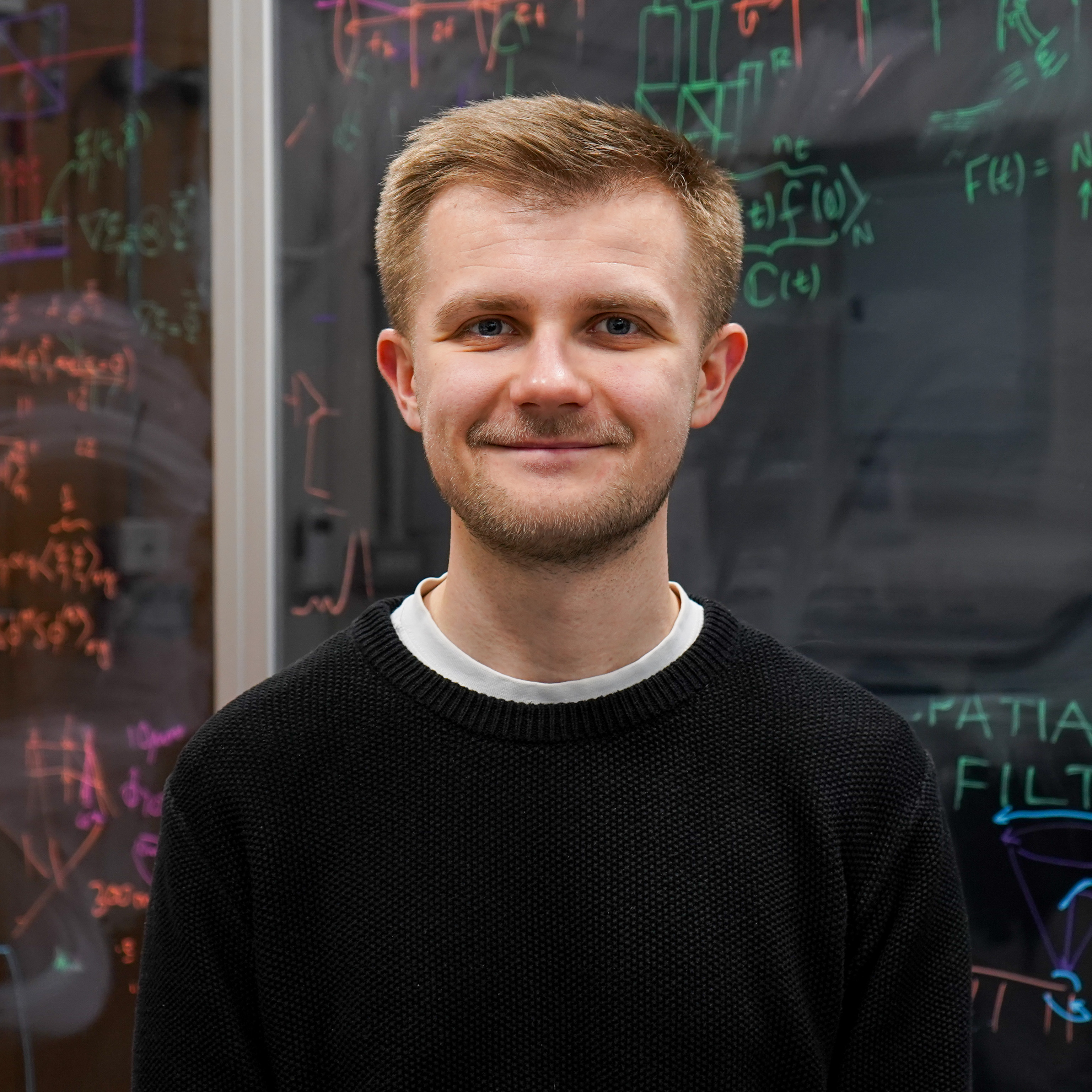
Patrik Švančara
| Institution | Nottingham |
|---|---|
| About | Patrik Švančara is a low-temperature physicist. He is interested in the hydrodynamics of superfluids, especially He II, the superfluid phase of liquid helium-4. He obtained his PhD at the Charles University in Prague, Czech Republic, where he studied turbulence in He II experimentally, focusing on the flow visualisation and second sound attenuation techniques. He then joined the group of professor Weinfurtner at the University of Nottingham in late 2021 as a postdoctoral research fellow. His goal is to design and operate set-ups cooled down nearly to absolute zero temperature, in order to explore analog gravity systems in superfluid helium. |